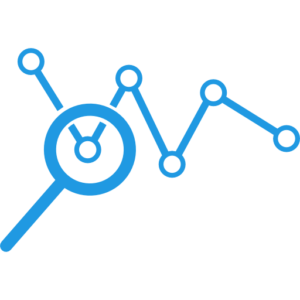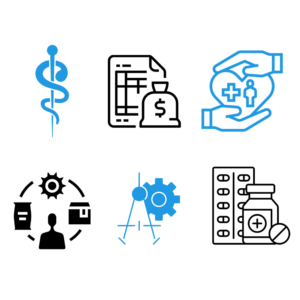
The essentials
Statistical analysis brings meaning to data; drawing out insights, solutions and evidence.
Analysis can take many forms, from simple summary statistics to processing large and complex data sets and statistical modelling (particularly in a medical statistics) to time series, simulation studies, longitudinal data analysis, survival models and randomisation tests.
A proper and robust analysis is invaluable.as it offers a measure of certainty and validity which allows confidence in decision making.



